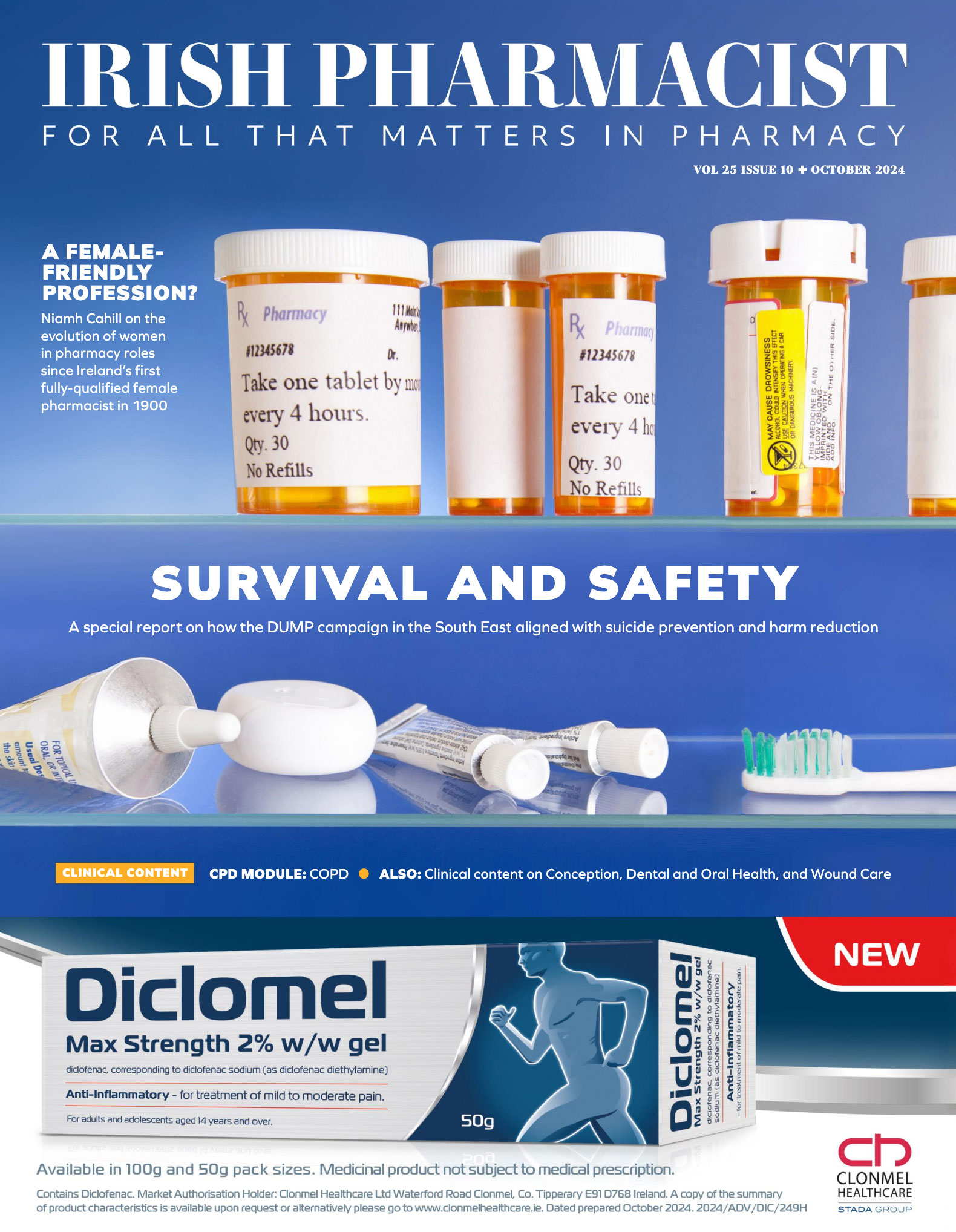Customised medicines could one day be manufactured to patients’ individual needs, with University of East Anglia (UEA) researchers investigating technology to 3D ‘print’ pills. The team, including Dr Andy Gleadall and Prof Richard Bibb at Loughborough University, identified a new additive manufacturing method to allow the 3D printing of medicine in highly porous structures, which can be used to regulate the rate of drug release from the medicine to the body when taken orally.
Dr Sheng Qi, a Reader in Pharmaceutics at UEA’s School of Pharmacy, led the research. The project findings, ‘Effects of porosity on drug release kinetics of swellable and erodible porous pharmaceutical solid dosage forms fabricated by hot melt droplet deposition 3D printing’, were published recently in the International Journal of Pharmaceutics.
Dr Qi said: “Currently, our medicines are manufactured in a ‘one-size-fits-all’ fashion. Personalised medicine uses new manufacturing technology to produce pills that have the accurate dose and drug combinations tailored to individual patients. This would allow the patients to get maximal drug benefit with minimal side-effects.
“Such treatment approaches can particularly benefit elderly patients, who often have to take many different types of medicines per day, and patients with complicated conditions such as cancer, mental illness and inflammatory bowel disease.”
The team’s work, Dr Qi said, is building the foundation for the technology needed in future to produce personalised medicine at the point-of-care. She said 3D printing has the unique ability to produce porous pharmaceutical solid dosage forms on-demand.
Pharmaceutical 3D printing research is a new research field that has rapidly developed in the past five years. Most commonly-used 3D printing methods require the drug being processed into spaghetti-like filaments prior to 3D printing. The team investigated a newly-developed 3D printing method that can rapidly produce porous pharmaceutical tablets without the use of filaments. The results revealed that by changing the size of the pores, the speed of a drug escaping from the tablet into the body can be regulated.
Further research will be required in order to use the porosity to tailor the dose and dosing frequency (ie, once daily or twice daily) of medicine to each patient’s needs, and use this principle to build multiple medicines into a single daily poly-pill for patients who are on a complex medicine regimen.







